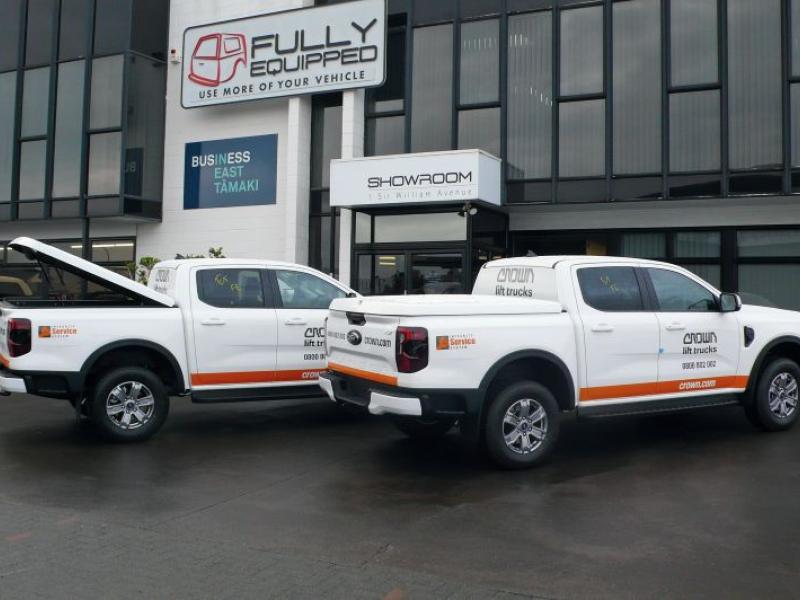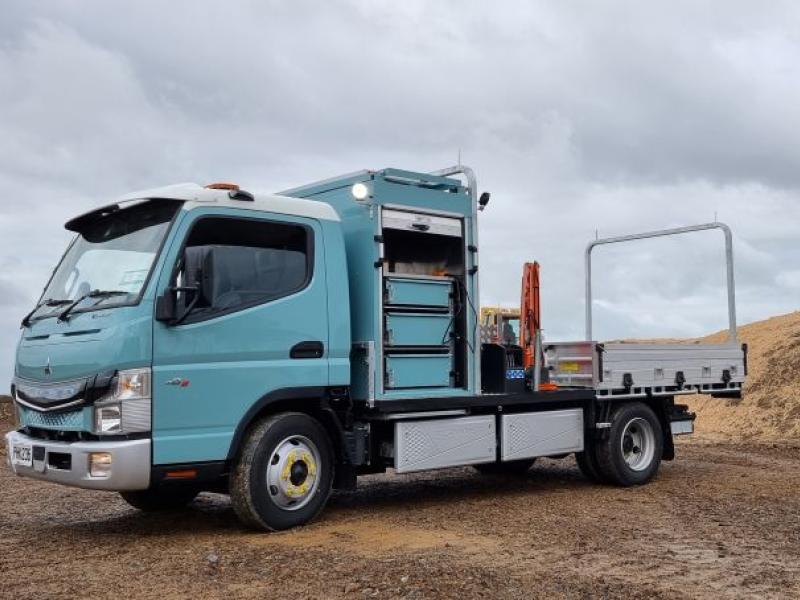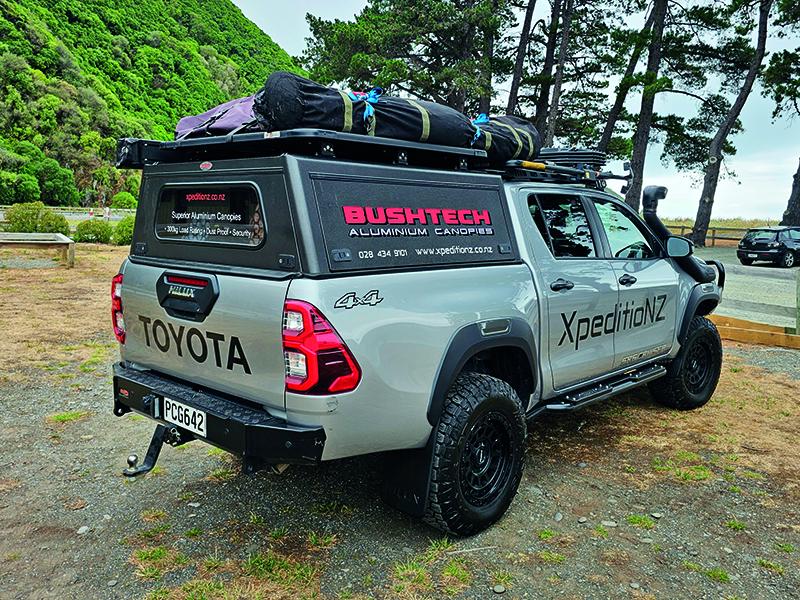According to one recent international study it is estimated that up to 65 percent of road traffic crashes involve a vehicle driven on company business or during company time. The cost of even a small incident involving an employee in a company vehicle can be very large indeed, not to mention the disruption and downtime involved in repairs, even if injury isn’t involved.
Companies are also not immune from the real costs of crashes involving staff while driving in their own time for personal and private business. Added to the personal suffering of employees and families, organisations can suffer tremendous financial loss through downtime and lost production, among other things, when an employee, or even the partner or family member of an employee, is involved in a road traffic incident.
While the cost of a proper driver training programme may seem initially off-putting for some, these costs are generally far outweighed by savings in fuel, maintenance, accident management and insurance premiums, not to mention the potential vehicle downtime, lost productivity and revenue incurred if an employee is involved or injured in a motor vehicle accident.
Regardless of whether it is an individual, company or organisation that undertakes a road safety or driver training programme, the results reach far beyond those directly involved.
And driver training it is not just a matter of improving employee safety either. Proper driving practices will automatically see gains in lowered fuel consumption, quite often by simply eliminating bad driving practice accumulated by the driver, either through poor initial training or bad habits gathered over a lifetime. This will also have an associated effect on maintenance costs as well, as the greater understanding and sympathy for the vehicle generated by simply learning how to drive it properly leads to decreased wear and tear.
Driver training programmes also result in drivers having a greater understanding of their responsibility in a vehicle and how this may affect their company or organisation, as well as their own personal safety. The direct results of this increased awareness brought about by enhanced driving techniques include improved behaviour and a more responsible attitude.
As well as improving a company’s bottom line with the financial advantages this approach to road safety and driving by the individual will bring, an added advantage may well be that it will also lead to an enhanced public image of a company or organisation by the public. After all, poor, inconsiderate or even dangerous driving in a vehicle covered in your company’s logos doesn’t exactly endear other road users to your company…
What options are there?
Fleet driver training is largely aimed at reducing the personal and financial costs to a company or organisation of road traffic incidents involving staff and the public.
Driver training programmes can be either entirely theoretical or practical, but most tend to feature a mixture of both. The theory aspect generally looks at the risks to individuals and offers coping strategies tailored to the organisation. The practical in-car assessments and training raise awareness of the individual driver to their responsibilities.
The practical aspect of the programme can take place on either a race track, a large open area, such as a car park or on the open road, depending on the supplier and the type of programme chosen.
Practical training
Programmes such as those offered by Holden Advanced Driver Training are tailored for government departments, corporate fleets, vehicle leasing companies and local authorities, as well as private individuals.
The company was originally formed in 1995 with the primary aim of providing comprehensive advanced practical driver training courses for existing adult drivers and its courses have been specifically designed to positively address the vital areas of driver knowledge, skill and attitude, and incorporate the latest in adult teaching principles.
Although taking place exclusively at race circuits, participants are encouraged to think of it as a private road and the exercises are set up as such, in order to improve participants cornering technique and car control.
Holden Advanced Driver Training offers a two-stage advanced driver training course (with stage one attendance being a pre-requisite for entry to stage two), as well as corporate drive day events, youth training initiatives and specialist training (for police, defence, VIP and government personnel).
Along similar lines are the programmes offered by the National Advanced Drivers’ School (formerly known as the Ford Advanced Drivers’ School). Formed to promote and encourage safe driving habits and attitudes, the company says that the fundamental aim of the school is to teach drivers how to react correctly when confronted with potentially dangerous situations.
Originally started in 1987, the school currently offers a number of programmes which take place in the classroom and on a closed circuit track.
The level one course is suitable for any licensed driver of a car, utility or other light vehicle and is a car control course that comprises of a 50 percent practical/50 percent theory split. The course is designed to develop avoidance skills in emergency situations in a controlled and safe environment.
The level two course is designed as a follow-on from level one, expanding on the skills learned there. It has more emphasis on the practical skills with an approximate 60/40 practical to theory ratio. Drivers must have completed level one first.
The level three course further expands on the skills learned and is designed to engage smaller groups, with an 80/20 practical to theory ratio.
The school also offers special purpose courses developed to achieve specific objectives, including the police driver’s course, VIP. drivers, teenage drivers and conference activity days, as well as risk management advice and remedial training.
Just the theory
Other driver training courses eschew the practical side of driver training altogether, rather focussing on the theoretical side in order to change driver behaviour, attitude and raise awareness before they even get behind the wheel.
Because these courses are entirely theoretical, a number of them are available online from providers, reducing the need for employees to spend time away from work to do the training.
One such plan is the Driving Safer training programme launched by fleet risk management specialist SurePlan in 2009.
SurePlan has been gathering detailed data on company vehicle crashes for a number of years and says that the data shows that the majority of incidents occur as the result of driver behaviour and attitude, as opposed to driving skills.
SurePlan says that single vehicle crashes and hitting stationary objects are the most commonly reported incidents and that these generally result from lapses in judgement and concentration.
The Driving Safer programme is available exclusively online through the SurePlan website and covers seventeen key topics, with an animated tutor guiding participants through each lesson.
The course is intended to help fleet managers and drivers understand why crashes happen and provide training to allow drivers to take corrective action as necessary in order to maintain positive progress towards a safer fleet.
According to the company, the main benefits of an entirely on-line training course are that it is affordable and effective, with a company no longer have people out of the office for the whole day’s training, while it also removes the need to gather all drivers in one place.
The course can be done anywhere, at any time, as long as the participant has internet access and, once registered, the course is available to the participant for 12 months, meaning they are able to complete the course at their own pace, or even complete it more than once, thereby reinforcing fleet safety.
Other types of vehicles
Of course, not all fleets are made up solely of cars or light commercials and courses are available for drivers of commercial vehicles, such as forklifts, as well as heavy vehicles.
Master Drive Services has been offering courses suitable for drivers of car, truck, forklift, plant, 4WD or most other wheeled vehicles for close to 20 years. The company not only trains drivers but also driving instructors and workplace assessors.
Master Drive Services is a nationwide company with instructors based in branches located in all major centres. It is an NZQA registered private training establishment and is approved by the New Zealand Transport Agency (NZTA) to deliver approved driver licence courses for heavy vehicles and transport industry related licence endorsements such as passenger, dangerous goods, forklifts and tracks/wheels/rollers. It is also approved by NZTA to deliver approved driver licence courses for driving instructors.
Master Drive Services’ Heavy Vehicle Operator Programme (HVOP) has been developed for experienced heavy vehicle drivers and recognises their skills and abilities while updating them in regards to new legislation and technological advances in the vehicles they operate.
Other heavy vehicle courses offered by Master Drive Services include a stability and control training programme and specialist load restraint and truck mounted crane programmes.
The company also offers courses for cars and light vehicles, four-wheel drives, buses, taxis, forklifts and other specialist vehicles.
Speaking of forklifts and other specialist vehicles, Crown New Zealand takes things in an even more specific direction by offering programmes specially designed for forklift drivers.
The company’s courses are conducted by professional Occupational Safety and Health (OSH) registered, New Zealand Qualifications Authority (NZQA) accredited course providers, who are also registered assessors for the NZITO (industry), COMPETENZ (engineering, food and beverage) and NZRT&LITO (road transport and logistics) training organisations.
Successfully completing the Crown course will result in OSH certification for the operator, in compliance with the Approved Code of Practice for training in lift trucks, part of the Health and Safety in Employment Act (1992).
Choosing the best training for your company
Firstly, and probably most obviously, what kind of vehicles are being used and in what circumstances?
This is fairly self-explanatory, as sending a forklift driver on a track-based road safety course might be fun for him, but won’t help much with safety in the warehouse…
The second question surrounds logistics – is it actually possible to put all drivers through a programme that takes them out of the job for at least a day?
The answer to this, combined with the answer to the first question may well mean that an online-based programme may suit best. And depending on the type of driving your staff do, may well even be more productive – after all, providers of these types of course regularly claim significant improvements in driver behaviour and the associated cost benefits from the raise of awareness in drivers after completing them.
If you have staff who regularly spend a lot of time out on the open road, then a practical, skills-based course may well suit better, teaching them what to do if something actually goes wrong and equipping them to either react, or avoid the situation in the first place.
But the final question is – as always – cost. But whatever that cost, it is worth remembering that the returns gained from raising the awareness, skills and abilities of your employees behind the wheel will usually always far outweigh whatever monetary outlay is involved at the outset.
Whether it be an improvement in your bottom line, or improving your employee’s safety, it will always be worth it.






